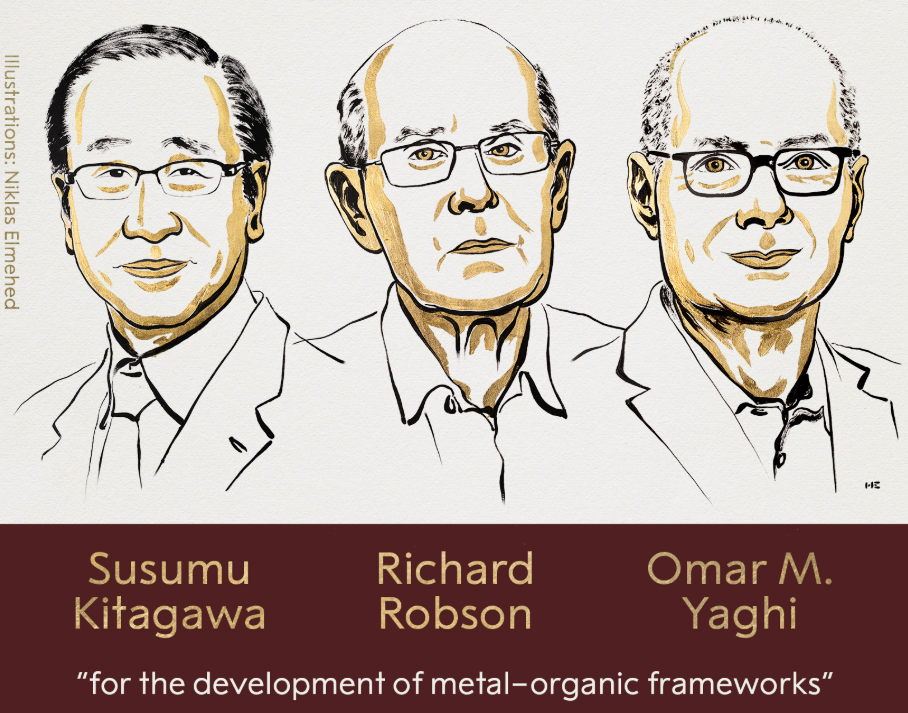By Satyabrat Borah
The words of Zubeen Garg, a legendary figure in Assamese music, resonate deeply with those who cherish his artistry: “People listen to my songs casually now, but after my passing, they will understand them and find me in my music.” These words, spoken with the childlike innocence that defined his persona, reveal a profound foresight, almost as if he were a prophet of his own legacy. Indeed, Zubeen Garg, with his extraordinary talent and boundless empathy, seems to have understood the timeless impact his work would have. Today, in the wake of his departure, his songs have become more than melodies; they are vessels carrying his spirit, his emotions, and his vision for a better world. Each lyric, each note, feels like a conversation with the man himself, stirring hearts to tears and awakening a deeper appreciation for his artistry. His music videos, watched with unwavering attention, evoke a sense of closeness, as if Zubeen is still present, singing directly to the soul. His songs have become a sanctuary where fans find solace, rediscovering him time and again within the melodies that echo his essence.
Zubeen Garg was not just a singer; he was a humanitarian, a beacon of compassion whose life’s work seemed dedicated to the downtrodden, the overlooked, and the suffering. His music transcended entertainment, becoming a medium through which he connected with the masses, regardless of caste, class, or creed. In his absence, the void he has left is palpable, not just in Assam but across the hearts of those who were touched by his voice and his values. The entire Assamese community feels orphaned, grappling with the loss of a man who was more than an artist—he was a symbol of unity, justice, and humanity. Zubeen’s life was a testament to breaking barriers, whether social, economic, or cultural. Through his music, he sought to foster peace, fairness, and togetherness, weaving these ideals into the fabric of his songs. Today, the people of Assam are beginning to grasp the depth of his intentions, realizing that his work was not merely about melodies but about planting seeds of compassion and unity in society.
Zubeen Garg’s legacy is woven into the very heartbeat of Assam. His songs are not just music; they are lifelines that connect generations, emotions, and aspirations. To listen to his voice is to be transported—to fall asleep to the soothing strains of his ballads or to greet the dawn with the uplifting energy of his anthems. His music is a journey, one that carries listeners through moments of joy, sorrow, love, and reflection. In every chord, in every word, Zubeen lives on, immortalized in the hearts of those who find him in his songs. His ability to touch the soul was not limited to his performances on stage or screen; it extended to his interactions with people, his humility, and his unwavering commitment to the marginalized. He was a man who sang for the voiceless, who used his platform to advocate for those who could not speak for themselves. His concerts were not just musical events but gatherings where people from all walks of life came together, united by the power of his voice and the sincerity of his message.
The universality of Zubeen’s music lies in its simplicity and its sincerity. He had an uncanny ability to capture the human experience,its joys, its pains, its struggles, and its triumphs in a way that resonated with everyone. Whether it was a soulful ballad about unrequited love or an energetic anthem celebrating life, his songs carried an authenticity that spoke to the heart. His lyrics were poetry, his melodies were stories, and his performances were acts of love. He sang not for fame or fortune but for the people, for the shared human experience that binds us all. This is why, even after his passing, his music continues to hold such power. It is not just about the notes or the rhythms but about the emotions they evoke, the memories they stir, and the sense of connection they foster. To listen to a Zubeen Garg song today is to feel his presence, to hear his laughter, to see his smile, and to remember the man who gave so much of himself to his art and his people.
Zubeen’s contribution to Assamese culture goes beyond music. He was a cultural icon, a figure who embodied the spirit of Assam while embracing the diversity of the world around him. His songs were steeped in the traditions of Assam, drawing from its folk melodies, its rhythms, and its stories, yet they carried a universal appeal that transcended regional boundaries. He sang in multiple languages, collaborated with artists from different backgrounds, and brought Assamese music to a global stage. But more than that, he brought people together. In a world often divided by differences, Zubeen’s music was a bridge, a reminder of our shared humanity. His concerts were a celebration of this unity, where rich and poor, young and old, stood side by side, swaying to the rhythm of his voice. His performances were not just about singing; they were about creating moments of collective joy, moments where differences melted away, and all that remained was the music.
The grief that has enveloped Assam since Zubeen’s passing is a testament to the depth of his impact. He was not just a celebrity but a beloved son, a brother, a friend to millions. His childlike spirit, his infectious laughter, and his genuine kindness endeared him to everyone he met. He was a man who wore his heart on his sleeve, who lived with passion and purpose, and who never shied away from standing up for what he believed in. His music was an extension of this spirit,a reflection of his love for life, his empathy for others, and his unwavering belief in the power of art to heal and unite. In his songs, he poured his soul, leaving behind a legacy that will continue to inspire and uplift for generations to come.
Today, as we listen to Zubeen’s songs, we are reminded of the man he was and the values he stood for. His music is a mirror, reflecting the beauty and pain of the human experience. It is a reminder to live with kindness, to love without prejudice, and to find joy in the simple things. His songs are not just melodies but lessons such as lessons in compassion, resilience, and hope. They teach us to cherish the present, to honor the past, and to dream of a better future. In every note, Zubeen Garg lives on, guiding us, comforting us, and reminding us of the power of music to transcend time and space. His voice is eternal, a beacon of light in moments of darkness, a source of strength in times of weakness. As we listen to his songs, we find him not just in the music but in the emotions they stir, in the memories they evoke, and in the unity they inspire. Zubeen Garg may no longer be with us in body, but his spirit lives on in the hearts of the Assamese people, in the melodies that echo through the hills and valleys of Assam, and in the love that binds us all. His songs will continue to be our lullabies, our anthems, and our solace, ensuring that Zubeen Garg, the heartbeat of Assam, remains forever alive in our souls.




